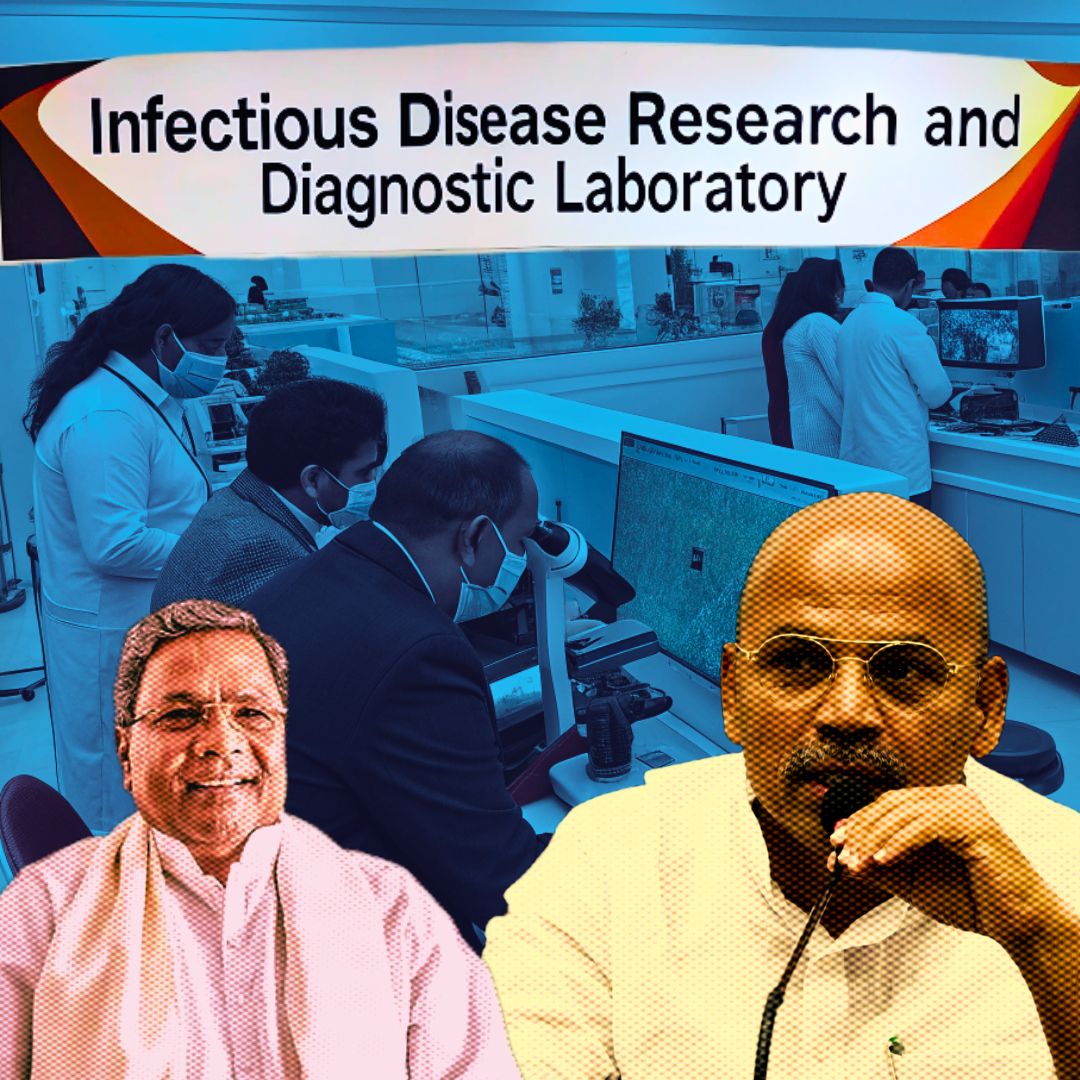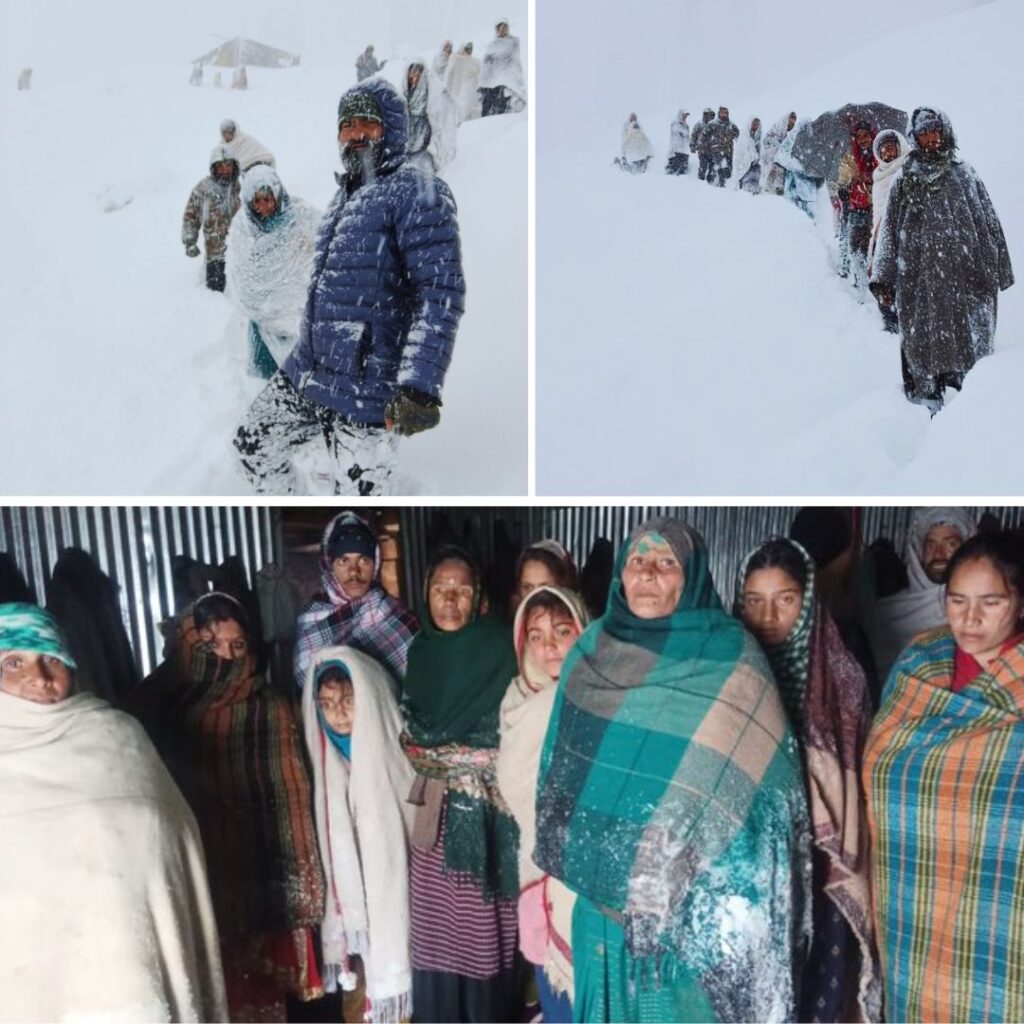Bengaluru is set to host South India’s first Infectious Disease Research and Diagnostic Laboratory, as announced by Karnataka’s Minister for Medical Education, Sharan Prakash Patil, on January 10, 2025. The Indian Council of Medical Research (ICMR) has selected the Bangalore Medical College & Research Institute (BMC&RI) for this initiative, aimed at enhancing local research capabilities and reducing reliance on external laboratories. This facility will significantly improve the state’s ability to manage infectious diseases and provide timely diagnostics.
Strengthening Local Health Infrastructure
The establishment of the new laboratory marks a significant milestone for public health in Karnataka. Minister Sharan Prakash Patil highlighted that the decision to locate the lab at BMC&RI was based on its credibility and commitment to serving diverse communities. He stated, “With this lab, we will eliminate the need to send samples to other states for confirmation, ensuring faster and more reliable diagnosis.” This facility will focus on various infectious diseases, including viral and bacterial infections, thereby enhancing research and diagnostic capabilities within the state.
Contextual Background
This initiative is part of a broader effort by the central government to establish Infectious Disease Research and Diagnostic Laboratories (IRDLs) across India, particularly in medical colleges. The move comes in response to the increasing need for effective management of infectious diseases, especially highlighted during the COVID-19 pandemic. By investing in local research facilities, Karnataka aims to strengthen its public health response and improve overall healthcare delivery. The establishment of this lab is expected to foster collaboration among healthcare professionals and researchers, ultimately contributing to better disease surveillance and control.
The Logical Indian’s Perspective
The creation of this laboratory is a commendable step towards advancing good governance in public health. It reflects a proactive approach by the Karnataka government in addressing health challenges through innovation and local capacity building. By prioritising research and diagnostics, we can enhance our preparedness for future health crises and ensure equitable access to healthcare services. How do you envision this new facility impacting your community’s health outcomes? We invite your thoughts and insights below!










